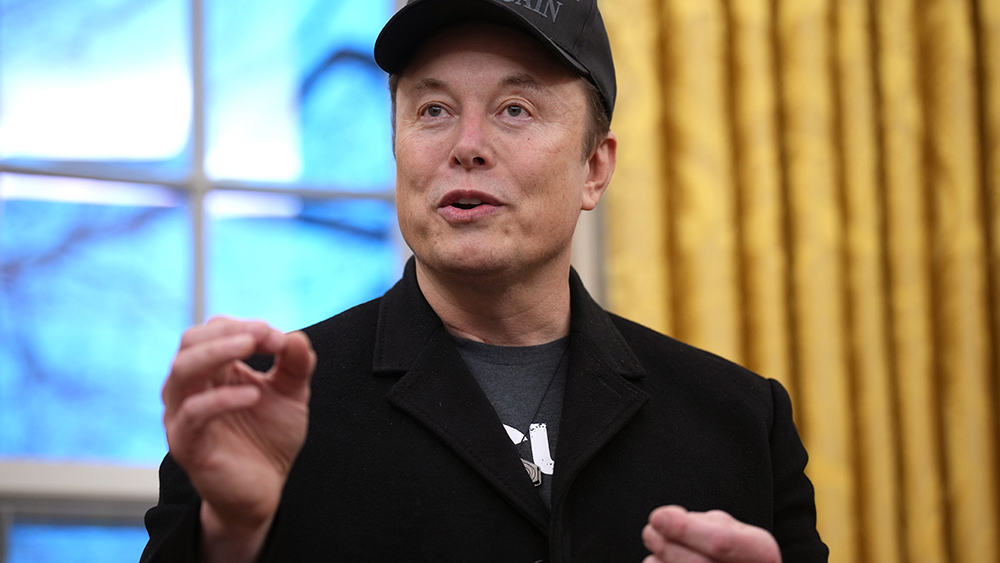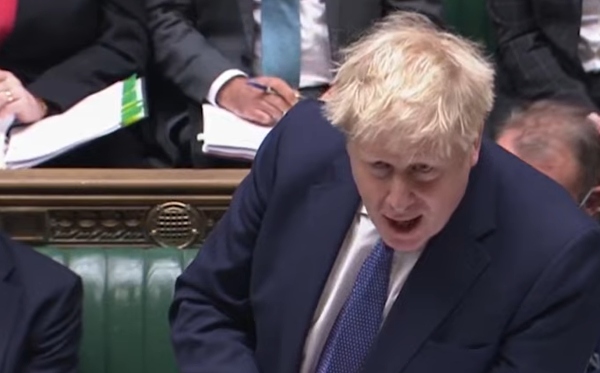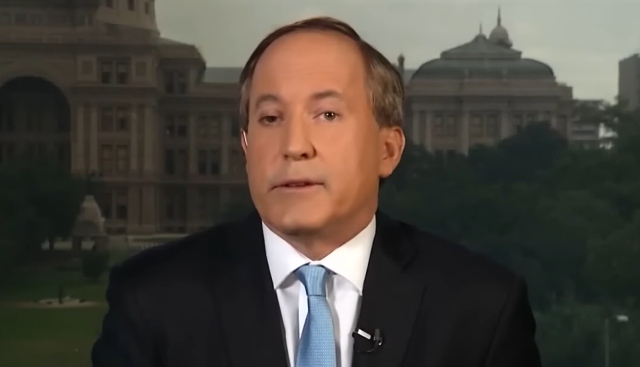 Parler
Parler Gab
Gab
- Trump demands a 50% stake in Ukraine’s natural resource revenues as repayment for U.S. aid, sparking outrage in Kyiv.
- The proposed deal grants the U.S. unprecedented control over Ukraine’s resource economy and includes sovereign immunity clauses.
- Zelensky rejects the proposal, citing lack of security guarantees and concerns over sovereignty and enforceability.
- Ukraine is preparing a counter-proposal, seeking stronger security assurances and international involvement.
- The proposal reflects a transactional U.S. foreign policy approach, raising concerns about Ukraine’s sovereignty and strategic alliances.
Zelensky’s rejection and concerns
Ukrainian President Volodymyr Zelensky has firmly rejected the proposal, calling it inadequate and lacking in security guarantees for his country. “I didn’t let the ministers sign a relevant agreement because in my view it is not ready to protect us, our interest,” Zelensky said. He stressed the importance of linking any resource deal to long-term security assurances, particularly as Ukraine continues to fend off Russian aggression. Kyiv’s concerns are twofold: the proposal offers no specific commitments for future U.S. support, and it fails to address how the U.S. would help secure Ukraine’s mineral deposits amid ongoing conflict. Ukrainian officials have also expressed unease over the document’s stipulation that disputes be resolved under New York law, which they argue may not be enforceable.A push for a better deal
Despite rejecting Trump’s initial offer, Zelensky has signaled openness to a revised agreement that includes broader international involvement and stronger security guarantees. “For me, it’s very important, the connection between some kind of security guarantees and some kind of investment,” he said. Ukrainian officials are reportedly preparing a counter-proposal to present to the U.S. in the near future. The U.S. proposal aligns with Zelensky’s “Victory Plan,” which seeks to deepen ties with Washington by offering access to Ukraine’s vast mineral wealth in exchange for continued support. However, the current deal falls short of Kyiv’s expectations, with one Ukrainian official describing it as “a Trump deal” that is “tough” but not in Ukraine’s best interest. Trump’s demand for half of Ukraine’s resource revenues marks a dramatic shift in U.S. foreign policy, emphasizing a transactional approach to international aid. While the proposal reflects Trump’s commitment to ensuring the U.S. benefits from its investments, it has raised significant concerns in Kyiv about sovereignty and long-term security. As negotiations continue, the outcome will likely hinge on whether the two nations can strike a balance between economic interests and strategic alliances. Sources for this article include: NYPost.com NYPost.com FT.comBy Lance D Johnson // Share
Biden’s dietary guidelines under fire: How political agendas are undermining American health
By Willow Tohi // Share
Governments continue to obscure COVID-19 vaccine data amid rising concerns over excess deaths
By patricklewis // Share
Tech giant Microsoft backs EXTINCTION with its support of carbon capture programs
By ramontomeydw // Share
Germany to resume arms exports to Israel despite repeated ceasefire violations
By isabelle // Share










